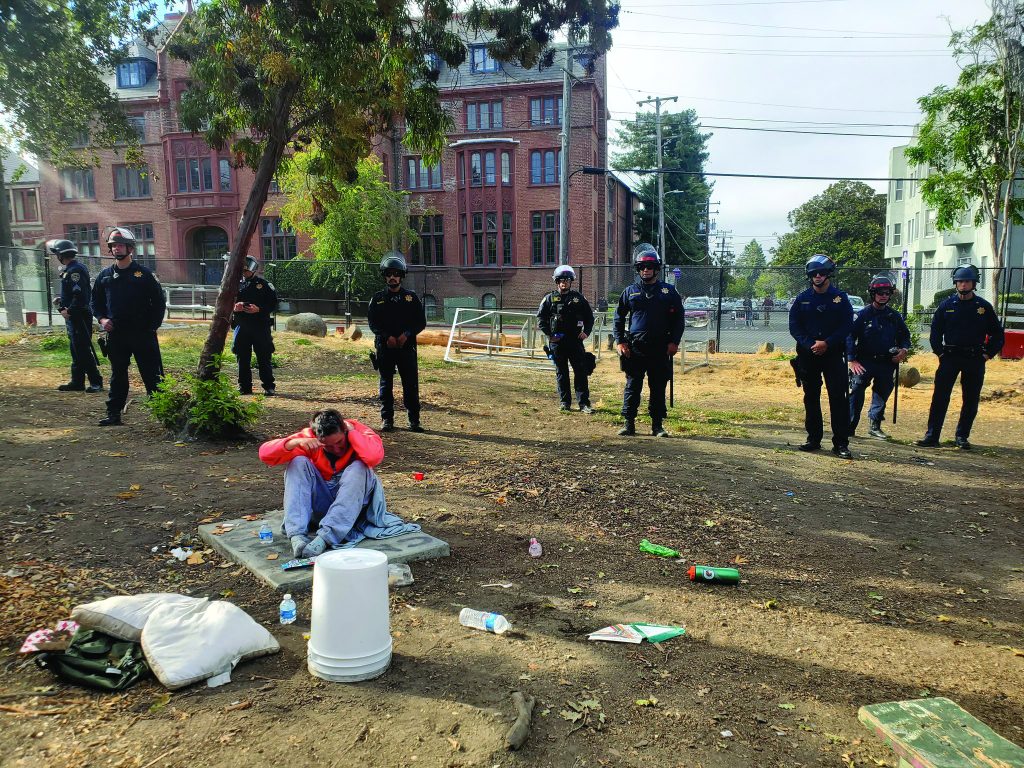
Most mainstream people seem to lack tolerance of people living with mental illness, and I believe this is because they haven’t been educated about us. People with mental illness are often good people with bad problems. It is a hard life circumstance when one’s own mind is a source of betrayal. It is harder when people lack sympathy. People view us in stereotypes. They may see homeless mentally ill people who are in the process of falling apart, who are doing irrational and often antisocial things. Or members of the public may see mentally ill people who are in treatment, and we do not seem normal. We might have poor grooming and hygiene, and we might behave in a manner that incorrectly makes people believe that we lack basic intelligence.
Mental illness, which is the same thing as psychiatric illness, is caused mostly by malfunctions in the brain. Psychiatric medication does an imperfect job of treating many mental illnesses. However, these medications introduce new problems.
Recovery from mental illness is never total. We can work hard at recovery, and we can gain a lot of ground in terms of capabilities and in terms of treating the symptoms. But it never means the disease is over. For the rest of our lives, we must remain vigilant, because mental illnesses never gives up. And thus, we can never give up.
In modern times, one hopes there is more tolerance and understanding of people with mentally illness. But I’ve found in the past decade, that society has worsened in how it treats us. And this is a disappointment.
To give you some background, I was diagnosed with Schizophrenia, Paranoid-Type, in 1982, following a severe episode of psychosis. When psychotic, the perception of reality as conveyed by the five senses was replaced with bizarre thoughts, beliefs, and perceptions. Of course, because of this, behavior isn’t going to be normal or acceptable. I have been mentally ill for my entire adult life.
I’ve been in treatment for this condition almost non-stop since the beginning of 1984. And I find, especially in recent years, that people with mental illness do not get treated with fairness or respect.
The prejudice against people with psychiatric problems seems to be the last socially acceptable form of bigotry. I have encountered a lot of this in my endeavors to integrate into mainstream society.
As I’ve been involved in mental health treatment for so many years, many in my community know who I am, and many of these people take a dim view of me.
Many people behave as though I do not have a right to be in public places where “normal” people go. For example, I received a phone call from an unidentified woman who wanted to question me about whether I had gone to a bank on the previous day. Yes, I went to the bank; it was my bank and I had banking to do. Another individual questioned me over the phone about why I’d brought my wife to the ER at County Hospital on the previous night, but why we had then left. My wife had a medical issue, and we were in the crowded, loud waiting room for hours until we gave up and decided the problem could wait until obtaining a doctor’s appointment. Other people have produced similar inquiries. Apparently, if you are mentally ill, you are expected to only go to your day treatment and to only be at your group home. Someone questioned me about why I was wearing a nice shirt, as though this was a crime.
Treatment professionals aren’t immune to psychiatric prejudice. It is a risk for me to report this reality–those employed in mental health are often just as bad if not worse in terms of the bigotry.
People can still get away with mistreatment and bigotry directed at mentally ill people, without becoming branded as a bigot. As persons afflicted with mental illness, we ourselves must fight this. No one else will do it for us.
Jack Bragen currently lives in the San Francisco Bay Area.
